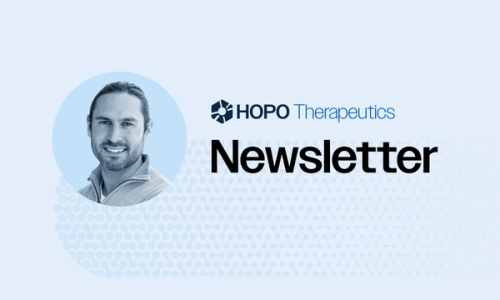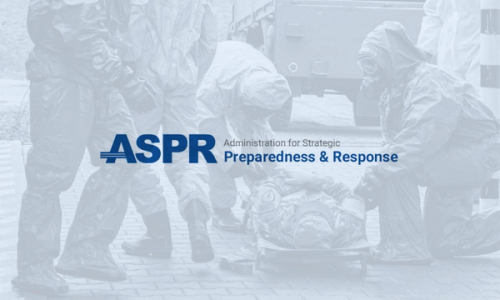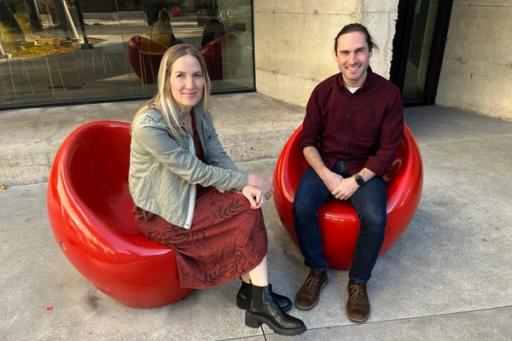
Letter to stakeholders from CEO Julian Rees
Jun 14, 2021
Dear Friends,
It has been over a year since we signed the papers creating HOPO Therapeutics, and I must say it hasn’t been the year we were expecting. Like everyone, COVID-19 has put significant roadblocks in our way, keeping us out of the lab and refocusing virtually the entire healthcare infrastructure of the United States on meeting the challenges of the pandemic. As vaccines begin to provide some light at the end of the tunnel, I am excited to share with you my vision for the future of the company.
Our highest priority for this coming year is a first-in-human Phase I clinical trial with the oral formulation of our HOPO-based chelator. The goal of this study is to provide us with critical information on the drug’s safety, identify possible side effects, and help us understand how it enters circulation and is distributed throughout the body. The FDA requires that this study be conducted before all others, and with healthy volunteers as patients. This trial will help us to define parameters, such as dosage and timing, that are most successful in chelating heavy metal ions, giving us the greatest chance of success in future clinical trials. We envision subsequent studies evaluating HOPO’s ability to remove gadolinium, lead, and other metals in exposed individuals.
In spite of the challenging year, I am pleased to share some recent good news. First, we have concluded a thorough negotiation for the rights to key intellectual property surrounding the HOPO-based chelating agent, which I expect to formalize in the coming weeks. This agreement allows us to pursue investment from a wide variety of sources, and will enable us to develop and manufacture the drug commercially. Second, a couple of exciting studies have recently been published. One is an investigation of rare earth metal toxicity mechanisms (including gadolinium) in Proceedings of the National Academy of Sciences, which may help to shed light on the body’s various responses to these elements. Press coverage surrounding this study includes an interview with my co-founder Rebecca Abergel on NPR’s Marketplace, a story in The Academic Times, and a news feature from Berkeley National Laboratory. We expect a follow-up study focused on gadolinium toxicity to be published soon. The other publication expands the already-extensive list of metals that HOPO will chelate by adding the exotic actinide element einsteinium to that roster. Originally published in the journal Nature, accessible summaries of this work were run by New York Times and Berkeley Lab, among other news outlets.
In closing, I want to acknowledge the many inquiries we receive about when and how our HOPO-based chelator will be available to patients. We know that there is an urgent need for an effective treatment capable of removing gadolinium, and I strongly believe that HOPO will fill this void. It is our responsibility to ensure that the drug products we provide are safe, effective, thoroughly vetted, and free from any harmful side effects, and we are working as fast as we can to realize these milestones. We are not yet able to begin collecting a list of potential candidates for upcoming clinical trials, however when the time comes you can expect more information to come via this mailing list, as well as our website. We look forward to having HOPO available to those affected by heavy metal exposure, and will continue to share our progress with you.
With best wishes,
Julian A. Rees, Ph.D.
Co-Founder, President and CEO

